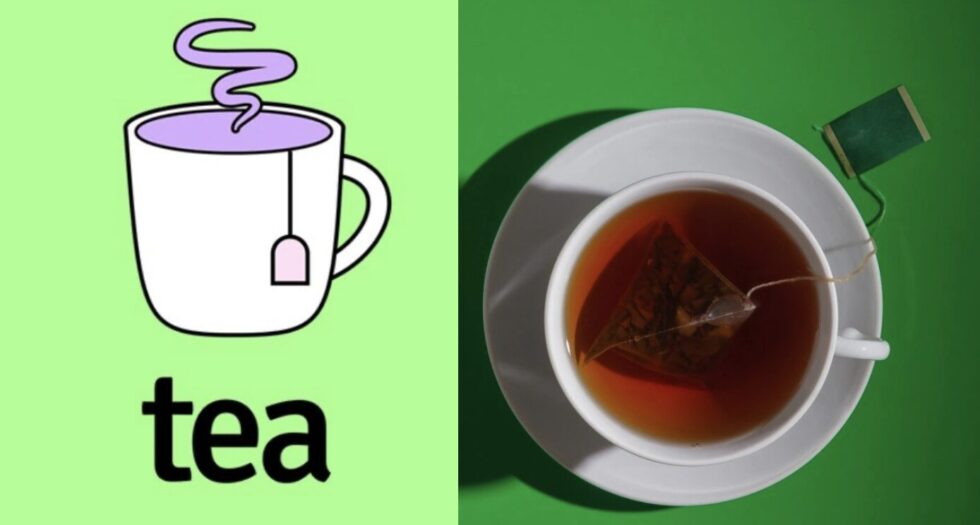Tea App Expands in Europe: Anonymous Ratings Between Protection and Public Judgment

The Tea App is drawing widespread attention across Europe. This women-only platform enables users to anonymously rate men based on “red flags” (warnings) and “green flags” (positive attributes). Originally launched in the United States, the app is now available in several major European cities. This is reported by G Business, citing NBC News.
What is the Tea App
Tea was launched in 2022 by American entrepreneur Sean Cook, who said the inspiration came from his mother’s disturbing online dating experiences. She had unknowingly dated men with criminal records and was a victim of catfishing. Cook initially financed the project himself and aimed to create a safety tool exclusively for women.
To access the app, users must verify their identity by uploading a selfie. Once approved, they can:
- Search men by first name,
- View photos and locations,
- Label them with a “Red Flag” or “Green Flag,”
- Submit anonymous comments about their experiences,
- Use reverse image search and background check features.
How much does the Tea App cost
The Tea App is free to use. There are no subscription fees or hidden costs. What sets it apart is the combination of crowd-based safety and public assessment. Women can share their experiences and issue warnings about men, even if the man in question has no account on the platform.
The app blocks screenshots and ensures user anonymity. According to its official website, 10% of profits are donated to the U.S. National Domestic Violence Hotline, although no formal partnership exists between the two.
Where is the Tea App active in Europe
Since July 2025, the Tea App has been gaining traction in several major European cities. Its English-only interface does not prevent users from engaging actively, especially in metropolitan areas.
| City | User Activity |
|---|---|
| Berlin | Highly active, visible on social media |
| Paris | Emerging user base, TikTok mentions |
| Amsterdam | Fast-growing among younger women |
| Vienna | Increasing downloads and mentions |
| London | Strong presence, local forums active |
Social media content confirms rising usage, particularly among women aged 18–35 who are frequent users of platforms like Tinder, Bumble, and Hinge.
Growing criticism and legal questions
Although the Tea App presents itself as a safety tool, critics raise concerns about unverified and anonymous defamation. Users can rate and comment on men without any moderation, oversight, or right to response. Legal experts point to the blurred line between digital protection and reputational damage.
Some online forums have called for the app to be removed from app stores. Attempts to launch a male-oriented counter-app, Teaborn, were quickly shut down after Apple removed it for violations related to content moderation.
In the U.S., defamation lawsuits against similar platforms were dismissed. In the EU, however, the app’s long-term legality remains uncertain, particularly regarding data privacy (GDPR) and personal rights.
The Tea App represents a modern response to online dating risks. By giving women tools to warn each other anonymously, it reflects growing concerns over safety, manipulation, and hidden identities. But the model also opens the door to ethical and legal challenges—especially when real people are publicly rated without consent or oversight.
Whether Tea becomes a lasting tool for empowerment or a controversial platform for unfiltered judgment will depend on how users, lawmakers, and tech platforms respond to its rapid expansion.
Stay connected for news that works — timely, factual, and free from opinion. Learn more about this topic and related developments here: CVE-2025-47812 in Wing FTP Server Allows Root Exploits via Lua Session Injection